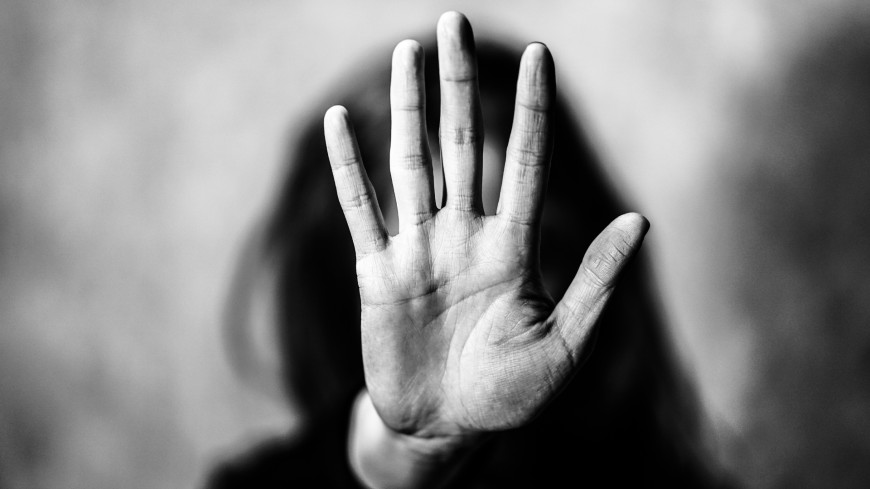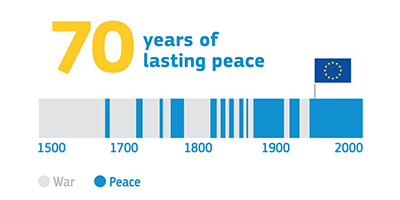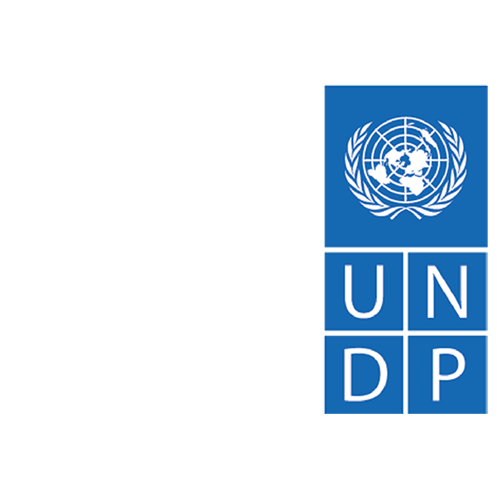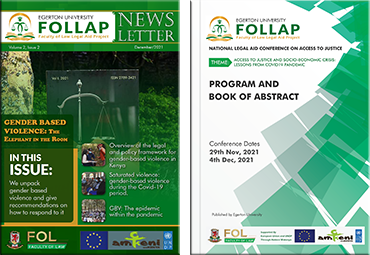
European Union
The EU is committed to helping victims of man-made and natural disasters worldwide and supports over 120 million people each year. Collectively, the EU and its constituent countries are the world's leading donor of humanitarian aid.
| Goals | Values |
|---|---|
|
The goals of the European Union are:
|
The EU values are common to the EU countries in a society in which inclusion, tolerance, justice, solidarity and non-discrimination prevail. These values are an integral part of our European way of life:
These goals and values form the basis of the EU and are laid out in the Lisbon Treaty and the EU Charter of fundamental rights. In 2012, the EU was awarded the Nobel Peace Prize for advancing the causes of peace, reconciliation, democracy and human rights in Europe. Read More... |
About UNDP in Kenya
UNDP began operations in Kenya in November 1964. UNDP was at the time known as the Technical Assistance Board (TAB). The Resident Representative of the TAB, Mr. Chidzero, signed on behalf of other agencies for the commencement of operations in Kenya.
Thematic areas
UNDP operates projects under four strategic programme priority areas:
- Devolution and accountability;
- Productive sectors and trade;
- Environmental sustainability, renewable energy and sustainable land management; and
- Community security, cohesion and resilience.
Cross-cutting initiatives are implemented through the Strategic Policy Advisory Unit, the UN Volunteers Country Office, the Communications Unit and the Country Director’s Support Team.
Country Programme Document (CPD)
The Country Programme is closely aligned to the Government of Kenya (GoK) Second Medium Term and UNDP's Strategic Plan. Our programmes are designed to address the interlinked issues of poverty, inequality and exclusion towards achieving sustainable and inclusive economic growth.
Decisions are made by the Resident Representative on the side of UNDP and by the Minister for Finance from the part of the Government. Read More...
Amkeni Wakenya
Amkeni Wakenya is Swahili for ‘Kenyans let us arise’, and is espoused from the second stanza of the National Anthem, a clarion call to all Kenyans to actively participate in Nation building. It is a UNDP-led Facility dedicated to empowering citizens to participate effectively in democratic Governance by providing support through Civil Society Organizations.  Established in 2008, then known as Civil Society Democratic Governance Facility (CSDG), the facility provided financial and technical support to CSOs to promote democracy, human rights, governance reforms, and the integration of a rights-based approach in social and economic reforms in Kenya. The CSDG facility later rebranded as Amkeni Wakenya and it broadened its scope to include support for CSOs engaging in the implementation of reforms within the context of the National Accord on Peace and Reconciliation that was adopted by the Kenya Government in addressing the calamitous post-election violence of 2007/8.
Established in 2008, then known as Civil Society Democratic Governance Facility (CSDG), the facility provided financial and technical support to CSOs to promote democracy, human rights, governance reforms, and the integration of a rights-based approach in social and economic reforms in Kenya. The CSDG facility later rebranded as Amkeni Wakenya and it broadened its scope to include support for CSOs engaging in the implementation of reforms within the context of the National Accord on Peace and Reconciliation that was adopted by the Kenya Government in addressing the calamitous post-election violence of 2007/8.
Since its inception, Amkeni Wakenya has provided support to over 400 Civil Society Organizations (CSOs) across Kenya in form of grants, capacity building and learning and knowledge management. Targeted organisations include, small grassroots-based CBOs as well as medium size and bigger national-level CSOs/NGOs. Read more...







